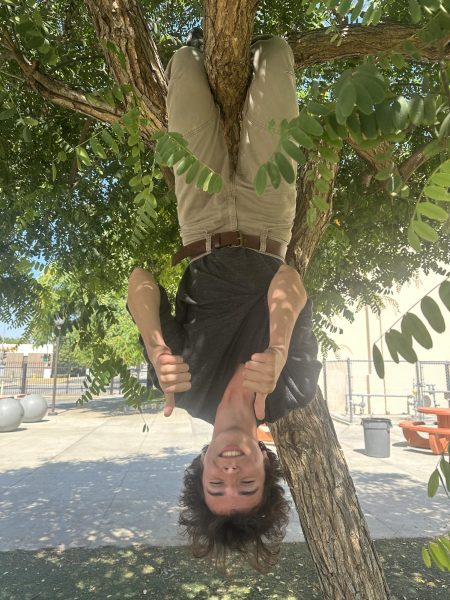October 25th, Robert Card, a US Army reservist was responsible for the deadly shooting at a bowling alley and bar in Lewiston, Maine, he was found to be alive and potentially on the run for more than 24 hours following the tragedy, leading to a manhunt. According to the state medical examiner’s office, Robert Card’s death was determined to be the result of a self-inflicted gunshot wound, occurring around eight to 12 hours before his body was found. This revelation comes a week after Card’s remains were discovered in a tractor-trailer on his former employer’s property.
In the aftermath of the October 25th shootings, which claimed 18 lives and left 13 injured, the community faced an extensive search for Card, prompting many to stay behind locked doors while law enforcement officers combed the area. Card had initially fled in a vehicle later found abandoned near a waterfront in a nearby town.
Law enforcement agencies faced criticism for not locating Card’s body earlier, as they had assumed he had taken his own life shortly after the shootings. However, the state’s chief medical examiner, Dr. Mark Flomenbaum, provided a different timeline, suggesting Card might have been on the move for over 24 hours after the tragic events. The medical examiner’s office cited a unique condition affecting Card’s body, in which his heart emptied of blood after the gunshot wound, potentially making the time of death less certain.
Card had been under law enforcement’s radar for months due to concerns about his mental state. An altercation with fellow Army Reserve members during a training session in New York further escalated these concerns, leading to Card’s hospitalization in a psychiatric facility.
Despite numerous red flags, including warnings from fellow reservists and a wellness check by a deputy, Card’s violent actions still caught authorities off-guard. A failure to invoke Maine’s yellow flag law and a lack of legal authority to intervene remained troubling aspects of the case.



